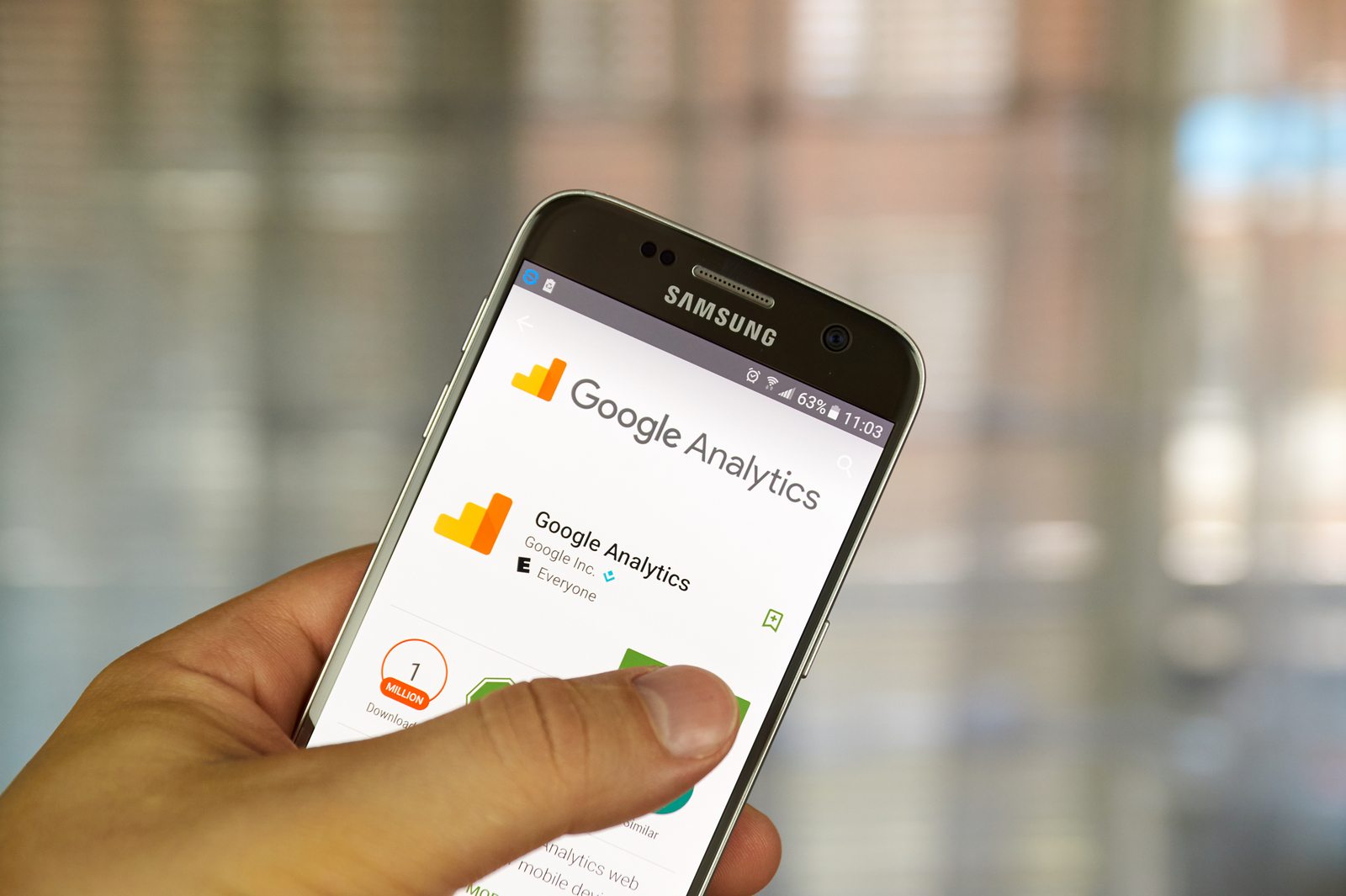How can you tell if your agency’s digital marketing efforts are effective? How do you know if users are visiting your agency’s website? One of the easiest and user-friendly ways to measure your digital presence and marketing effectiveness is through Google Analytics.
Why Google Analytics?
Google Analytics is a helpful tool that generates information and statistics about your website’s performance, traffic, traffic sources, audience, conversions, sales and so forth. It can help answer questions you may have about your website’s performance such as:
- Where are my website’s visitors coming from?
- What pages on the site are the most popular?
- How many returning visitors does the site have?
- Which areas of the site convert the best?
- Are there any factors affecting the site’s performance?
While these questions may seem simple, they are crucial to understanding your digital audience.
Understanding the Basics
Before reading reports of your agency’s website performance and marketing efforts, we must first establish the basic meanings behind the information tracked by Google Analytics.
Average Time on Site: This reports how much time the average user spends on your agency’s website. It is a simple way to indicate if your site is user-friendly, organized and easy to navigate.
Bounce Rate: This is the percentage of users who stayed on your agency’s website for less than 30 seconds and viewed only one page. Important pages on your agency’s website should have a low bounce rate. Some pages, such as a general homepage, are fine to have a high bounce rate because users are often clicking to a different page on the site to find the information they’re looking for.
Conversions: The conversion rate of your website shows you if your users are completing a certain task. For example, if you want users on your agency’s website to click on a “Learn more” icon to take them to another page, you will want to see a high conversion rate.
Goals: These can be customized to measure specific things about your agency’s website performance such as the number of visitors to your website or the number of conversions. They can be as specific or broad as you desire.
Keywords: These are words that are relevant to your agency’s website, business, customer profile, services, etc. Keywords that users type into search engines reveal valuable information on how they find your agency’s website. These too can be as specific or broad as you desire.
Getting Started
Now that you’ve learned the functions of Google Analytics and the information it pulls, it’s time to start measuring your agency’s website.
Before you sign up for Google Analytics, it is important to look at the various pricing levels Google offers. There is a Free Analytics plan as well as a Premium plan. While the free plan offers the basic features of Google Analytics, the Premium plan does provide higher data limits, more custom variables, a Service Level Agreement and a support team. However, it costs $150,000/year, so this plan may be more suited to large agencies. Use this helpful side-by-side comparison to determine which plan is best for your agency.
Set Up
After choosing your agency’s plan, it is time to sign up for Google Analytics. Visit google.com/analytics and follow the new user sign-up process. You’ll enter your agency’s website, your account name (use your agency’s name here), industry and time zone.
Next, you’ll need to set up your tracking code. If you have never set up a code before, be sure to follow a step-by-step guide such as this one:
- Copy the code Google displays for you
- Paste the code before the ending head tag in your HTML code
- QUICK TIP: Just do a search within the code to find this tag – “Ctrl+F” on a PC or “Command+F” on a Mac. In the Find box, type </head>
- Save
- Wait for Google to recognize the installed code (can take a few hours to one day). When everything is installed correctly – the phrase “Status: Receiving Data” will appear next to “Tracking ID”
Once you have successfully installed your tacking code, you are done! Your Analytics account will start tracking data within the next 24 hours. Once you begin tracking your agency’s website and using this basic information to better understand the reports Google Analytics can pull, you will be better equipped to customize your agency’s website and digital marketing efforts to communicate and engage with your target audiences.
References:
https://support.google.com/analytics/answer/1008015?hl=en
http://www.blastam.com/google-analytics-comparison
http://www.lizlockard.com/how-to-set-up-google-analytics-3-essential-steps-for-the-beginner/

